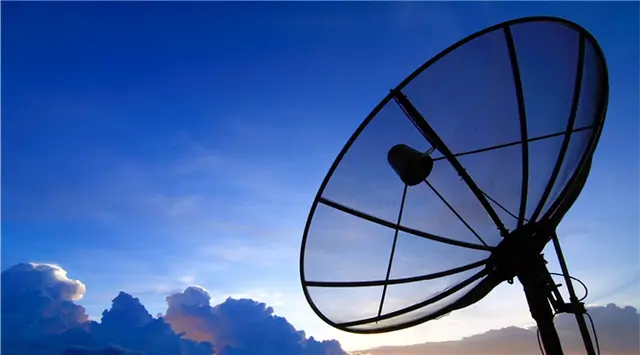South Korea and Japan on Wednesday expressed strong condemnation on the Democratic People's Republic of Korea (DPRK)'s new satellite launch plan, believing that DPRK is planning to test a long-range ballistic missile.
"If North Korea (DPRK) pushes ahead with long-range missile launch, it will pose a significant threat to peace and security in the region and the world as well as on the Korean Peninsula," said Cho Tae-Yong, the first deputy chief of the South Korean presidential security office.
Japanese Prime Minister Shinzo Abe also on Wednesday strongly urged the DPRK to refrain from its planned satellite launch, saying that such a launch would be in clear violation of United Nations resolutions.
The DPRK reportedly informed the International Maritime Organization on Tuesday of its plan to launch a satellite, named Kwangmyongsong, sometime between Feb. 8 and 25.
But both Japan and South Korea believe that the DPRK could be testing a long-range ballistic missile.
"The reality is that it is a launch of a ballistic missile," Abe said, refuting the DPRK's claims.
South Korea's presidential national security council held an emergency meeting Wednesday morning to discuss how to deal with the DPRK's missile launch plan, and Cho made an announcement of the country's official stance after the meeting.
Cho said that Seoul sternly warns a harsh price, which will come from the international society, against Pyongyang.
In a similar warning, Abe said that the plans were a provocative act that threatens Japan's national security and along with the U.S. and South Korea, his government would step up pressure on the DPRK to abandon its planned launch.
"Forcibly carrying out the launch would be in clear defiance of UN Security Council resolutions," Abe said during a parliamentary committee session, adding that the launch would be a "a grave act of provocation toward Japan's security."
Japan's Foreign Minister Fumio Kishida told a press briefing that Japan has lodged an official protest against the DPRK's planned launch.
The DPRK is banned from test-firing any rockets based on a ballistic missile technology under UN Security Council resolutions.
Seoul strengthened monitoring of the possible launch of the DPRK's long-range ballistic missile after its claim on Jan. 6 that it tested its first H-bomb.
Pyongyang has test-fired long-range missiles months before or after its previous nuclear tests in 2006, 2009 and 2013.
The DPRK launched the three-stage Unha-3 rocket, carrying what it called a Kwangmyongsong-3 satellite, on Dec. 2012, two months before its third atomic bomb test. At the time, Seoul and Washington called it the test-launch of long-range ballistic missile, violating the UN Security Council resolutions.
 简体中文
简体中文

